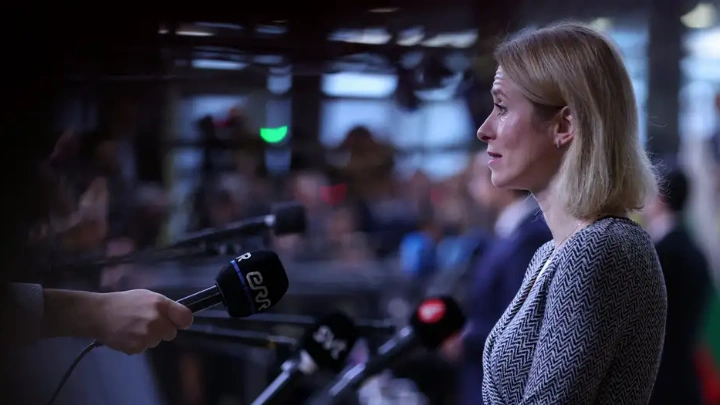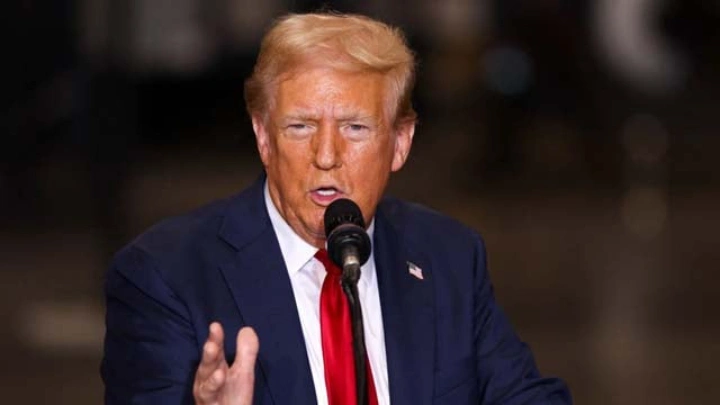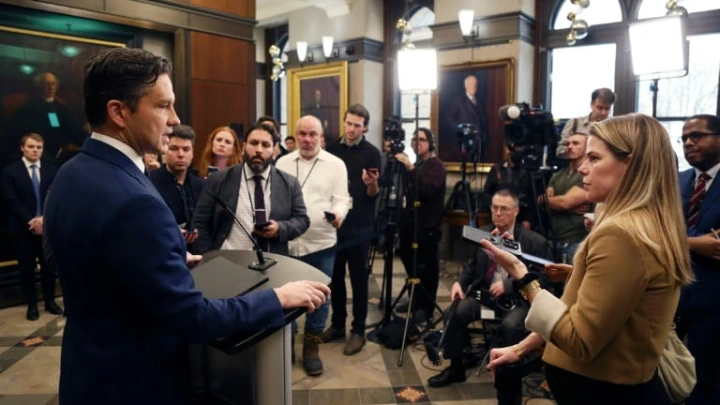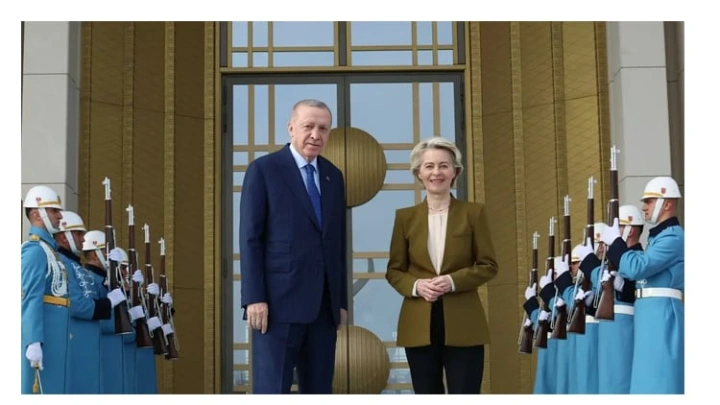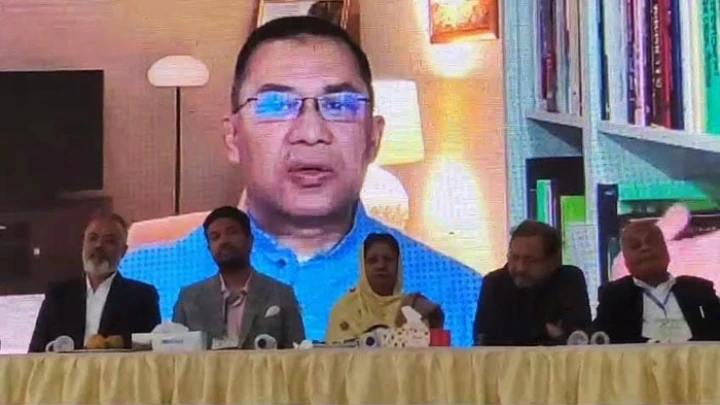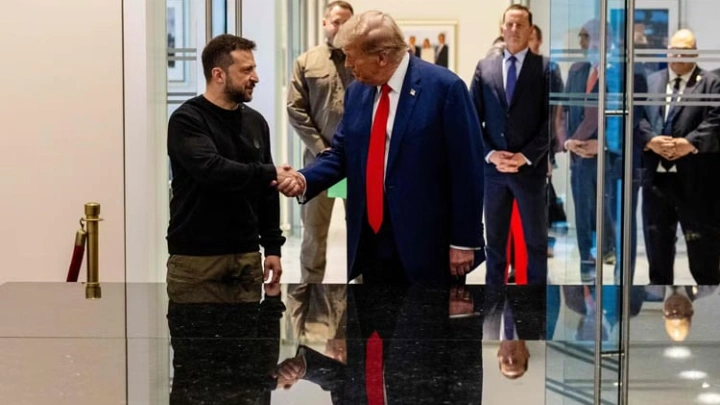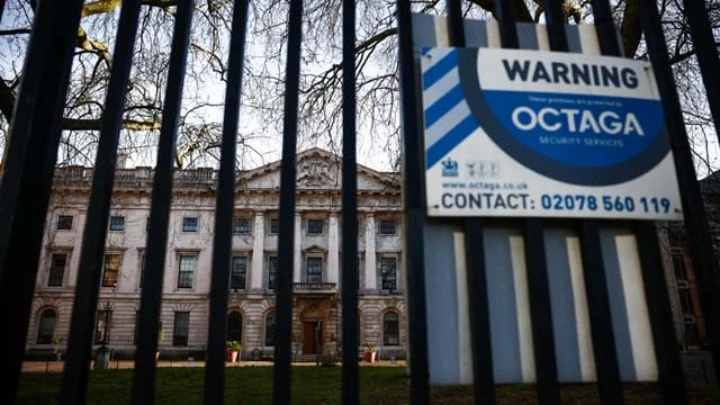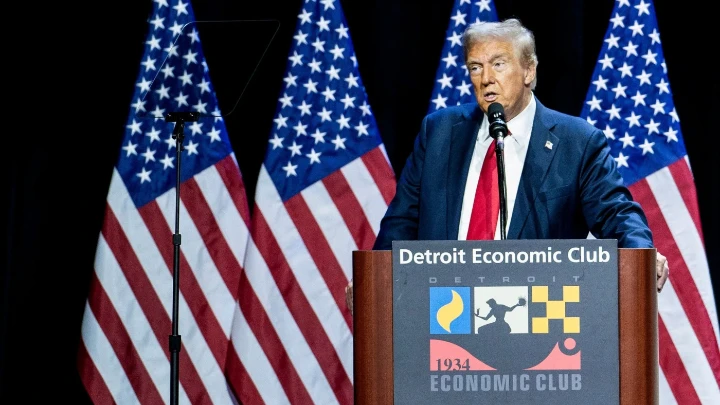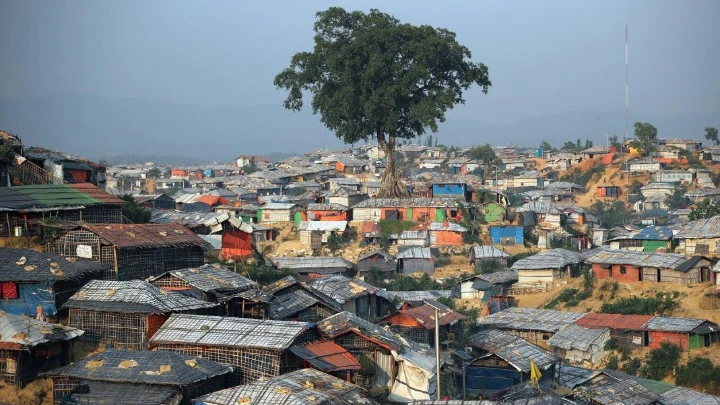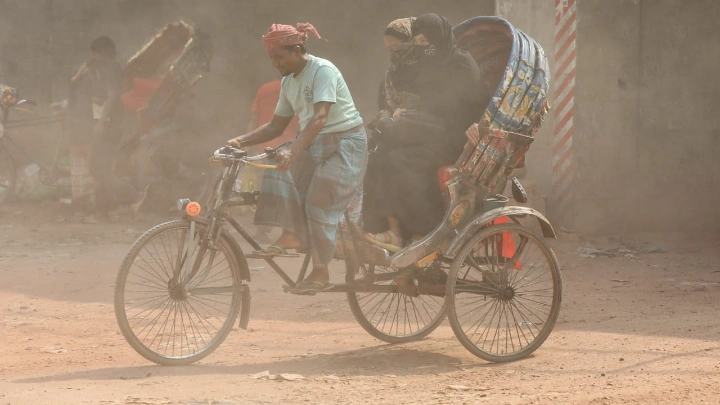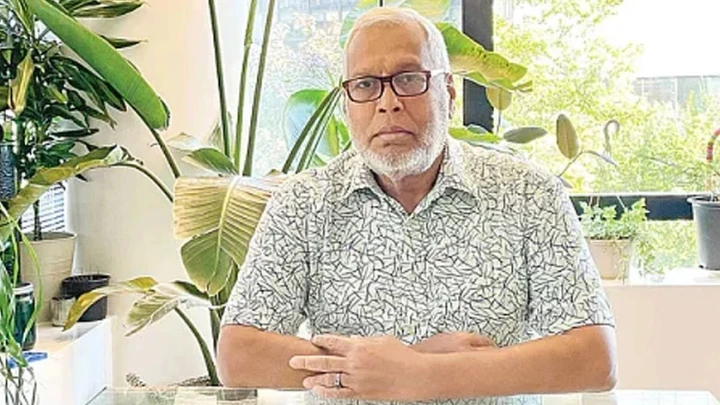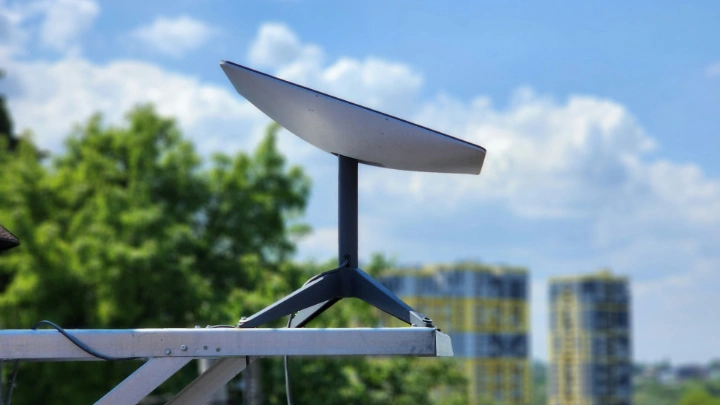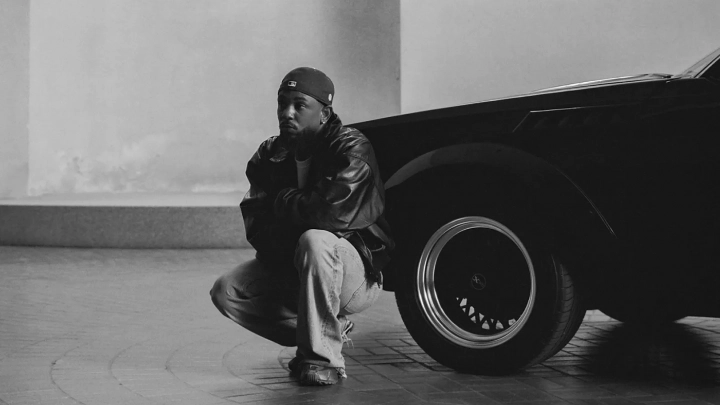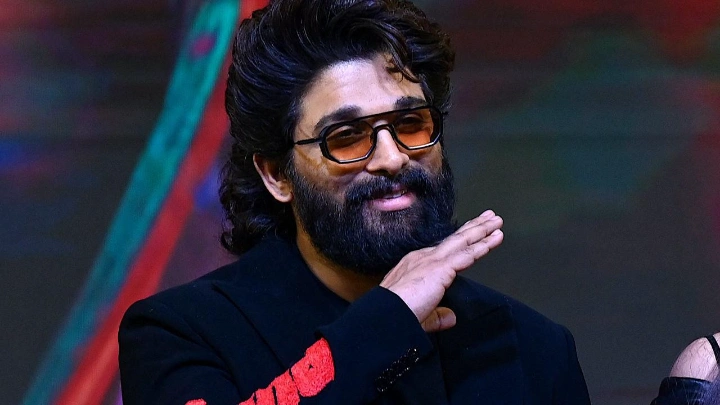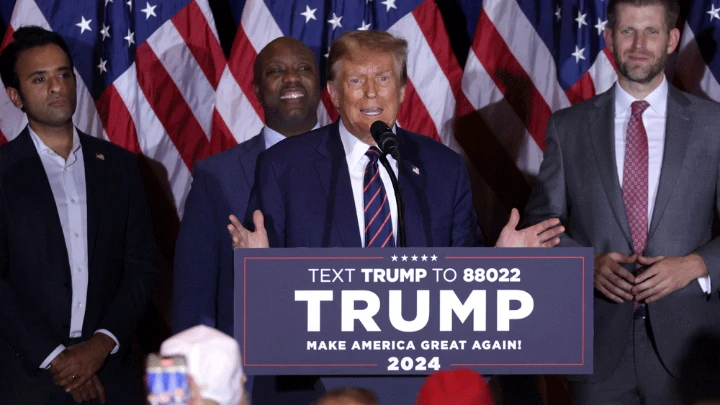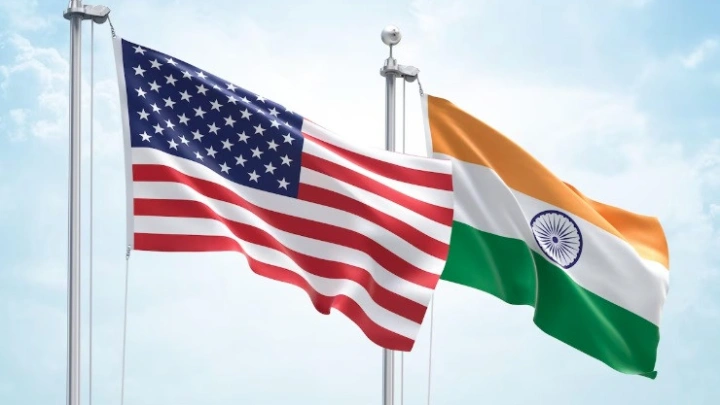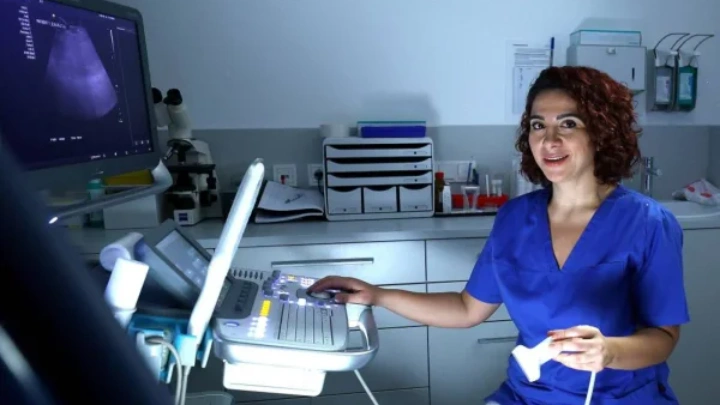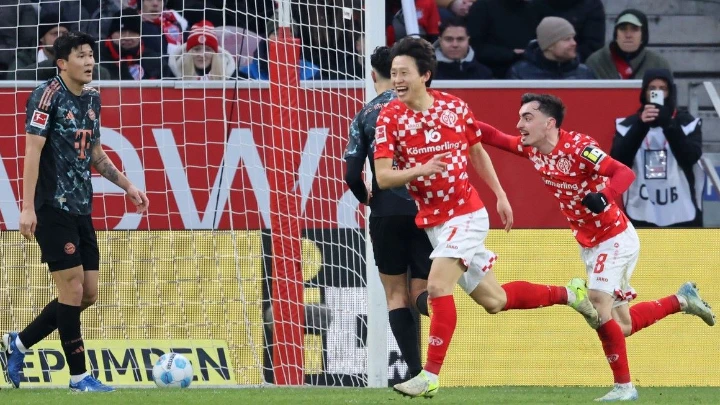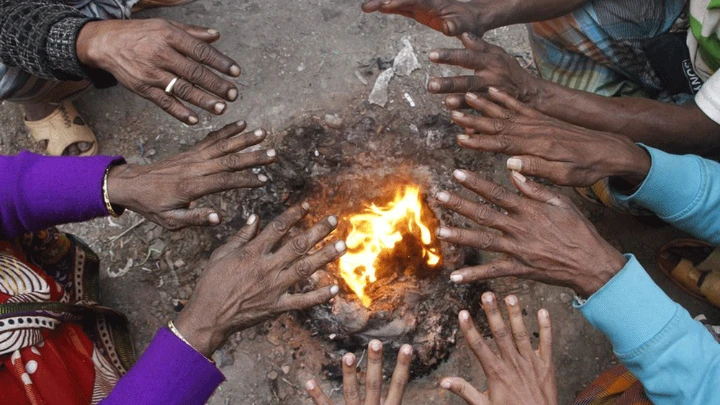Kaja Kallas, the EU's next top diplomat, has yet to take a strong stance on Israel. Many expect her to defer to member states, but she'll try to build consensus on the best approach to the Israeli-Palestinian conflict.
How will the EU's new top diplomat approach Israel?
DWnews || Shining BD
The nomination of former Estonian Prime Minister Kaja Kallas as the European Union's top diplomat reverberated far and wide, and across the Mediterranean, Israel heaved a sigh of relief.
Israeli newspapers highlighted the country's exasperation toward her predecessor, Josep Borrell, who was described as an "outspoken critic," and hailed Kallas as an improvement from an Israeli perspective.
Daniel Schwammenthal, Director of the AJC Transatlantic Institute, the Brussels-based office of the American Jewish Committee, said that Israelis felt Borrell was unfair in his criticism of their country.
"Israelis see him as anti-Israel and thus unsuitable to play a mediating role in the Israeli-Palestinian conflict."
He told DW that, in his estimation, "EU-Israel relations can only improve under the new leadership."
Borrell's criticism of Israel's military campaign in Gaza since the October 7 Hamas terrorist attack put him at odds with Israel and reflected a split in the EU on the Israel-Palestinian conflict. Austria, Germany, Hungary and the Czech Republic are believed to be more pro-Israel, while Ireland, Belgium and Spain, Borrell's homeland, are more critical.
Lukas Mandl, an Austrian member of European Parliament (MEP) part of the European People's Party parliamentary group, told DW that he believed Borrell was "one-sided and ideological" about Israel. He hoped that Kallas "will be better than her predecessor."
Kallas's balanced approach
According to EU lawmakers, Estonian experts and an Israeli insider DW spoke with, Kallas is expected to adopt a balanced approach and take the lead from member states instead of trying to own the policy.
The EU supports a two-state solution to the Israeli-Palestinian conflict, as set out by the Oslo Accords. In January, EU foreign ministers unanimously reiterated this position.
"The good thing is that neither Estonia nor Kallas has a very strong position on non-Russia questions," said Merili Arjakas, a Middle East expert and research fellow at the International Center for Defense and Security (ICDS), an Estonian think tank. "That means she can engage from a rather neutral position."
However, they believed she would make a case for international law to be respected in the Middle East just as she does in Europe and accuses Russia of breaking it. Israelis hope she may turn out to be an ally against Iran, which backs Islamist military groups in the region, including Hamas, and has supplied missiles to Russia and endangered Ukrainian and, by extension, European security.
 Kallas expressed support for Israel’s right to defend itself and denounced Hamas, which the EU designates as a terrorist organization. She has also backed a two-state solution and called for a cease-fire.
Kallas expressed support for Israel’s right to defend itself and denounced Hamas, which the EU designates as a terrorist organization. She has also backed a two-state solution and called for a cease-fire.
Later, still in her position as Estonia's prime minister but poised to climb the EU hierarchy, her government increased its funding for humanitarian aid to Gaza. Though Estonia does not recognize a Palestinian state, the country, under Kallas's leadership, backed a United Nations resolution to upgrade the Palestinian territories' observer state status to full membership.

Will Kallas build a consensus in the Israeli-Palestinian conflict?
Evin Incir, a Swedish MEP with the left-leaning Socialists and Democrats (S&D) parliamentary group, said that she was concerned that Kallas has not thus far prioritized the humanitarian situation in Gaza and wasn't as vocal as the S&D group expected her to be.
"We want someone as vocal as Borrell, and we will be looking out for assurances in the hearing," Incir told DW, referring to the confirmation hearing for EU commissioners still to be held in European Parliament.
Borrell has advocated for the EU to redouble its efforts to bring about a two-state solution and, earlier this year, hosted Israeli and Palestinian foreign ministers to advance this goal. He condemned the death toll in Gaza as a "bloodbath," threatened to sanction Israeli ministers and backed the request from the International Criminal Court (ICC) to issue arrest warrants against Israel’s Prime Minister Benjamin Netanyahu and Hamas officials.
"More than 40,000 people have died in Gaza," Incir emphasized. "My group and I will push for a humanitarian, values-based EU policy on Israel and Palestine."
Others indicated that Kallas's support for a two-state solution was ill-timed. "It is pointless to only talk about the two-state solution" without the right conditions in place, said Mandl, the Austrian MEP.
In contrast, Mika Aaltola, a Finnish MEP in the European People's Party, the EU's largest parliamentary group, expressed firm faith in Kallas's ability to achieve consensus.
"As far as I understand Kallas, she is a consensus builder, and she is pragmatic," he told DW.
Kallas to combat the charge of 'double standards' but stay focussed on Ukraine
Kristi Raik, deputy director of the ICDS, told DW that Kallas "will probably try to address criticism around EU's alleged double standards," in reference to a view that the EU upholds international law against enemies but not allies.
Kallas said in November that Israel "is fully entitled to defend itself. But it must do so in a way that spares innocent lives and adheres to the norms of international law.
"Inciting a crisis in the region benefits no one other than those interested in drawing our attention away from other issues and undermining our unity," she said, alluding that Russia could benefit if global attention shifted from Ukraine to the Middle East.
Israelis hope they could benefit from Kallas's focus on Ukraine if she decided to review the EU's Iran policy. An influential Israeli lobbyist who spoke to DW on the condition of anonymity said that Kallas may be better placed to see the Iranian threat.
"There is a likely convergence, or common cause on Iran as it provides missiles and drones to Russia and threatens European security," he said.
Whatever policy Kallas finally adopts toward Israel, no one on either side of the Israeli-Palestinian debate in the EU has any doubt that her policy will be influenced by whoever wins the elections in the US.
Shining BD

